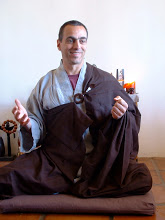
Poep Sa Frank Jude from his blog
Poep Sa Frank Jude is an OI1 member and a dharma teacher. He joined the conversation we had about the Boston bombings a couple of weeks ago. For example, see Don’t Despair – Take Action, All You Need Is Love, We Need To Root Out Seeds Of Anger, and A Marine And An Army Veteran.
I’ve been meaning to comment on what he said in his email to the Order of Interbeing discussion forum. He said,
This issue is one I’ve been concerned with for quite some time. While there has been much wonderful things to come from the ‘mainstreaming’ of mindfulness (and yoga), I think we are in danger of really losing what makes the full practice so radically transformative and counter-cultural (as the buddha is reported to have said: “this practice goes against the stream”).
The Buddha was very clear in his definition of ‘samma samadhi‘ in saying that it requires the other limbs of ‘right understanding,’ ‘right intention,’ ‘right action’ and so on. The practice of ‘bare attention,’ which is ultimately what Kabat-Zinn has defined mindfulness as (the present-moment, non-reactive, non-judging state of attention) is more accurately understood as ‘manasikara‘ [attention or mental engagement] which is ethically neutral. An assassin must have such concentration, but it is NOT mindfulness (most certainly not ‘samyak sati [right mindfulness]’) because it involves the intention to cause harm.
Sati [mindfulness] is listed as a wholesome state of mind, in which the intent to kill or wound by definition is absent. What is being practiced as mindfulness (bare attention) in order to make more ‘fierce soldiers’ is NOT dharma [right practice]. [Read More on his blog, So, What IS “Mindfulness?”]
Frank is basically saying that mindfulness is not just bare attention, even though many people think that it is just that. These people seem to ignore the “right” part of the equation, which implies a sense of mindfulness in the service of applied ethics.
The definition offered by Jon Kabat-Zinn states,
Mindfulness means paying attention in a particular way; on purpose, in the present moment, and nonjudgmentally.
This definition implies nonjudgmental bare attention, which, as Soen Sa Frank Jude points out is manasikara and essentially a neutral experience.
My hope is that the widespread teachings of mindfulness will go one step further than manasikara or bare attention. Continued daily meditation practice may inspire people to develop the qualities of mindful living that Frank mentions in his article, whether they are mindful of these qualities or not.
For example, I have seen in my own experience that a daily [right] mindfulness practice has developed in me a strong connection to loving kindness, compassion, sympathetic joy, and equanimity – the Four Immeasurable Minds. In addition, I have noticed a strong decrease in the number of times I resort to foul language in reaction to frustrating circumstances.
What qualities have you developed in your meditation practice? Would you be willing to share them?
This book by Mirko Fryba is one of my favorites. Mirko really explains manasikara and other aspects of mindfulness in a clear, comprehensible way. I’ve read it over and over again through the years.
1OI is the Order of Interbeing founded by Zen Master Thich Nhat Hanh in 1966. Members agree to study, practice, and observe The Fourteen Mindfulness Trainings of the Order of Interbeing.



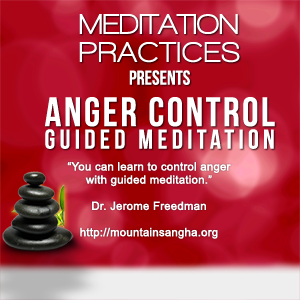

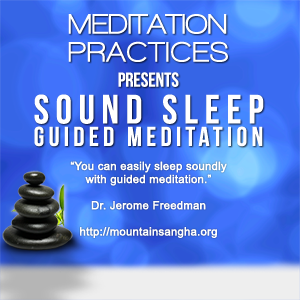


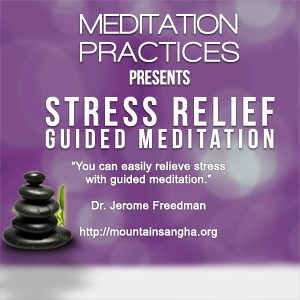



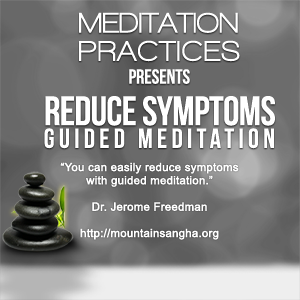

You must be logged in to post a comment.